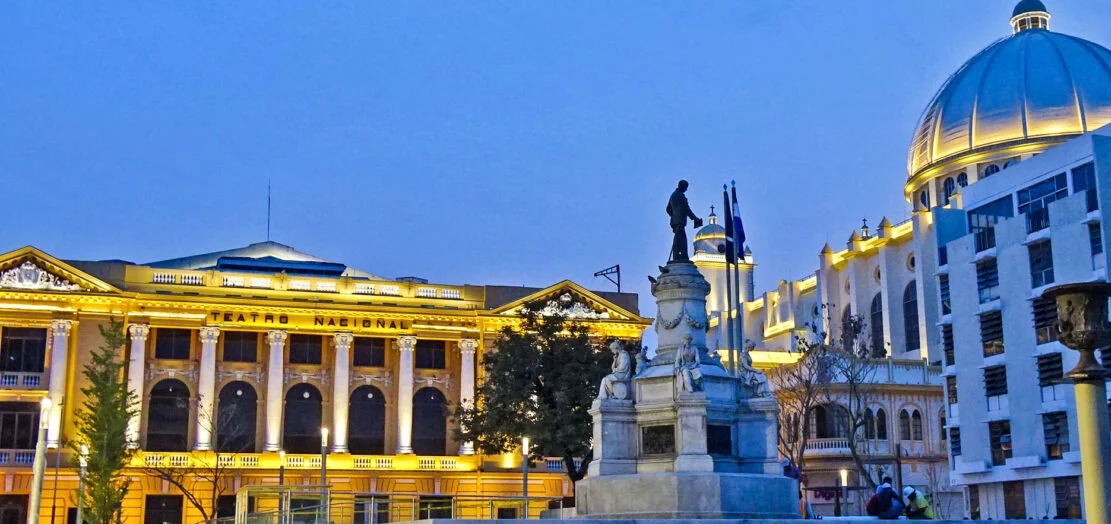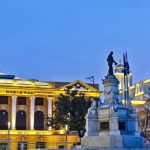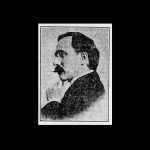Anyone who came to PEN America’s town hall discussion on writers and self-censorship on Wednesday night expecting the romanticized literary fisticuffs of yore — let alone the total war of modern social media combat — would have come away disappointed.
No one shouted “cancel culture!” in the semi-crowded theater on Manhattan’s Upper West Side. But what the 100 or so live spectators (and those who tuned in online) did get was a sprawling, impassioned but overwhelmingly civil conversation among four prominent writers about art, identity, appropriation and the state of free expression.
Those are subjects that have roiled literary circles, including PEN itself, which has increasingly balanced its defense of free speech with consideration of the ways marginalized people may be constrained from raising their voices to begin with. But the playwright and novelist Ayad Akhtar, PEN’s president, introduced the event by affirming the “bedrock principle” of free speech against those on the left who dismiss it as a mask for power and those on the right who wield it as a cudgel.
“A widespread and punitive stridency descending on us from every quarter,” he said. And writers, he said, are “caught in the middle.”
The event was about that middle. There were points of tension, but little overt disagreement. Which isn’t to say there was much overt agreement either, including on whether there is a problem, and if so, what it is.
John McWhorter, a linguist at Columbia University and author of the new book “Woke Racism: How a New Religion Has Betrayed Black America,” opened the discussion, which was moderated by Suzanne Nossel, PEN’s executive director, on a blunt note. “To be a writer today, in the current climate, is to be someone who certainly probably censors themselves in some way,” he said.
McWhorter, who also writes a newsletter for the Opinion section of The New York Times, noted his public identity as “a contrarian” on race issues. But does he hold his tongue on some subjects? Absolutely.
He recalled an academic talk he gave in the mid-1990s, about Creole languages and women, which “some in the audience chose to interpret as offensive and sexist.”
Listening to their criticisms, he said, “I thought, ‘I don’t deserve this.’ And I decided I would never again say or write anything about issues having to do with women or sexism.”
Wajahat Ali, the author of the forthcoming book “Go Back to Where You Came From: And Other Helpful Recommendations on How to Become American,” said the outcry over “cancel culture” was a sideshow compared with legislation across the country aimed at prohibiting the teaching of critical race theory or “divisive concepts,” or efforts in Texas to ban hundreds of books from school libraries.
“Let’s take stock of what’s really happening, and what are the forces that are really attacking freedom of speech,” he said.
As for self-censorship, Ali said that it’s something writers of color always had to engage in, to avoid offending gatekeepers.
“We were not allowed to make mistakes,” he said. “You don’t get to fail up, and write endlessly about cancel culture from prestigious outlets.”
If that might have seemed like a dig at McWhorter (Ali’s former professor, he noted), it wasn’t. Social media tends to “flatten us,” he said.
“So John becomes his last Op-Ed, and then I have to hate him, and he has to hate me,” Ali said, “because I disagree with his concept of ‘wokeness,’ and we have to fight to the death.”
The two other panelists offered a more literary approach to the question of who should be allowed, or allow themselves, to say what. Jennifer Finney Boylan, a memoirist and transgender activist, took on the issue of cultural appropriation, a subject on which she said she had “two brains.”
Boylan, a contributing Opinion writer for The New York Times, cited the recent furor over the novel “American Dirt,” and whether its white author had the right to tell a story (badly, some argued) about Mexican migrants to the United States.
“Surely if freedom of expression means anything, it means the right to tell the stories we want to tell, to answer the demands of our own imaginations, period,” she said. “You can accuse writers of not writing well. But erasing artists because we do not like their art is despicable.”
But at the same time, she said, as a transgender person, she understood the frustration at works that misrepresent your experience. “Maybe a single movie or book doesn’t matter that much,” she said. But “if you think defending freedom of expression is really all that important, then you have to think it does matter. A single movie or book can really shape the way people see the world.”
Carmen Maria Machado, a memoirist and fiction writer, said she was worried about the impact of recent fierce online debates over the ethics of using another person’s real-life experiences in fiction.
Fiction, she said, is a “magpie” art, that necessarily involves taking bits and pieces not just from imagination or direct experience, but from the our observations of others.
“Not every story is mine to tell,” she said. “But it’s so weird to create blanket statements, of who can do what.”
She added, “I’m worried that fiction writers, especially those forming now, will be stymied and self-censored.”
Not that everyone agreed that self-restraint was always negative. At one point, McWhorter aired what he suggested was a semi-forbidden thought: that the intensity of the racial justice protests to the police killing of George Floyd was in part about a desire after months of pandemic isolation “to coalesce,” “to go outside,” “to belong to each other,” which was then weaponized by an ideological faction.
“In May 2020, a certain ideology used social media to become especially dominant, and scare certain people out of their wits,” he said.
Boylan protested, gently. “You say self-censorship like it’s a bad thing,” she said. “By another name, maybe it’s a sense of awareness that our words affect other people? You can’t and maybe shouldn’t say any damned thing you want.”
But if there was a point of broad agreement, it was that Twitter was mostly bad. Machado said she had deleted her account several months ago. “Social media just creates these incredibly fast, bad conversations that go sideways so quickly, there’s no recovering from them,” she said.
McWhorter, who said he checked Twitter “six or seven times a day,” said it got in the way of reading — let alone writing — books.
In a recent essay in The Atlantic, adapted from a lecture, Akhtar lamented how the incentives of online discourse led us to form opposing “agglomerations of outrage” affirmed by “slogans of belonging.”
Boylan, with a wry smile, made the point a bit more simply. “One of the reasons I became a writer,” she said, “is because I wanted people to like me.”








